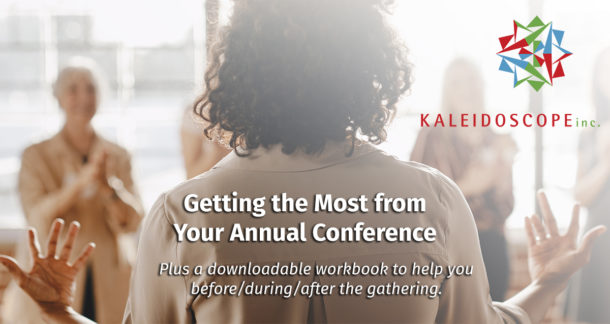Three Perspectives of
Building a Board
Being a board member is an honor and privilege. I recently concluded a term serving on the national ACA. I also advise many camps on developing, training, and nurturing their boards. As I do this work, I see various perspectives of getting a seat on a board of directors. So, I thought it would be interesting to share three perspectives of building a board and offer advice for each group.
Perspective One: From the Board Development Committee
All boards have a responsibility to articulate prerequisites for candidates, orient new members, and periodically and comprehensively evaluate their performance.
A board is an exciting leadership team. It is continually refreshed with new perspectives and requires adapting faster and more nimbly than typical leadership teams.
Because of the turnover rate, the Board must implement a process of ongoing recruitment to assure that the whole matrix of members includes various skills needed for the Board to function effectively. It’s also critical that a board has clear expectations of board members to communicate during the recruitment process.
Often, when I hear that a board is struggling to fill seats, I ask the following questions:
- Let’s look at your pipeline list of potential board members. If I see a rich mix of names, we keep going with the questions. If there is no list or the list is limited, I suggest this as a starting point for board development.
- How are you nurturing these relationships so that it is an easy yes when you ask them to consider board membership?
- When you invite board membership, are you clear why this person would be a vital asset to the Board?
- Are expectations for board membership clear and communicated well?
- What are other board members saying about their board membership? Are they happy with the on-boarding, training, procedures for meetings? Is their input and participation valued?
Building a solid board doesn’t happen overnight. It takes intentionality, time, and careful planning!
Perspective Two: From the Invited Board Member
When an individual is invited to be on a board of directors, there are many possible reactions. They might feel honored, ill-equipped, annoyed, suspicious, or excited. So much of this is determined by their long-term relationship with the person and organization that is asking.
Here are the questions I encourage prospective board members to ask.
- What will be expected of me in regard to time commitment?
- Is there a stated amount or timeline for expected financial support?
- What is the timeframe for terms?
- What do you see in me that will add value to this organization?
- How will I be expected to use and share my professional skillset and network?
- What are the expectations around advocacy and sharing my network – how will that help the organization?
While most people are honored to be considered for any board, they are right to ask questions. Experienced board members have likely had a bad experience or two in the past, and they want to make sure that this one will be different before they commit.
Perspective Three: From Someone who Wants to be Invited to be a Board Member
There are many reasons that someone would want to be on your Board.
- They love your organization and want to serve
- They want to add to volunteer experience
- They want to build their resume
- They want to strengthen their professional skills
- They want to learn from and rub elbows with others on your Board
- They want to be mentored by or mentor others on your Board
These are great reasons to pursue board membership with the right organization.
However, being a board member in name only and not putting in the required time and work is never acceptable. If you want to be on a board, make sure it’s for the right reasons, and you are ready to fulfill your commitment.
For those who want to be on a board, there are several acceptable ways to nurture relationships to make this happen.
First, be clear with the organization’s leaders that you would like to be invited. If you aren’t what they need right now, a good leader will let you know. They will also be clear about what skills or understanding you need to gain to be considered.
Next, as you wait for the invitation, get involved with the organization in other ways:
- Actively learn about the organization.
- Volunteer.
- Ask questions of leaders.
- Learn about the type of Board this organization has – is it an operational or policy/governance board?
Need help with board development? Let’s talk:



